It can happen every time. You want to change lanes, you’ve checked the rearview mirror – but then you almost hit another car. Yup, it was hidden in your blind spot. You never saw it coming. You did not look over your shoulder, did you? Perception and field of vision are not only restricted to your driving abilities. Most people have that same problem when it comes to the perception of their professional performance.
“Without the willingness to admit new information, and concede that our opponent might be making a fair point… then we’re going to keep talking past each other.”
Source: Remarks by the President Barack Obama in Farewell Address
Don’t turn a blind eye to your Blind Spot.
Everyone has a so-called blind spot. Psychology describes behaviors that you are not aware of yourself, but what others perceive in you. The so-called “Johari window” is a technique designed to help understand your relationship with others. It’s a window that allows you to take a look – at your own very personal blind spot.
This is based on two fundamental facts:
1. Trust can be acquired by revealing information about yourself.
2. The feedback you receive will help you to improve, as a person as well as in your professional performance.
Reveal hidden facts about your company.
We at Screver have developed a platform to do just that: find unknown and underappreciated facts. Not just about a single person but about the whole workforce. This software is adapted to the specific needs of the company and will detect its blind spots.
Seems like a no-brainer that good teamwork requires unity.
Good teams understand that harmony is key. But still, it happens every time when we at Screver work with a company, that some piece of information is quite revealing. Often the team leaders were unaware of this fact. As a rule of thumb, people in the team often know about the blind spot before the company chiefs become aware of it.
It increases your confidence…
Screver offers an opportunity for improved self-awareness and personal development among the individuals that make up your team. It helps them to better understand their relationship with themselves and the combined services provided by the company. This also enhances the perceptions of the customers.
When you seek honest and constructive feedback, the blind spots are reduced. Customer feedback helps the company to eliminate faults you were not even aware of.
…and you might find interesting things.
In a trustworthy environment that seeks open communication, it’s vital to reduce hidden areas that might hinder progress, even create conflict. Don’t be afraid to go to this unknown area. It could be that you stored untried capabilities and hidden talents there.
In his farewell address, Barack Obama spoke about the need for a “willingness to admit new information”. He talked about the process to put citizens and their goals at the center of the government’s feedback loop. Government rulers have to be willing to listen and internalize new information. That goes for a company, too.
Company needs to be open to hear what the employees have to say about the goals.
If the president of a country can urge, “pay attention and listen?”, then the CEO of a company should, too. The truth is, some people are blind to such considerations. So you think you’re OK because you have the rearview mirror in your sights? Just remember that dreadful feeling when you changed lanes and this other car appears out of nowhere.





